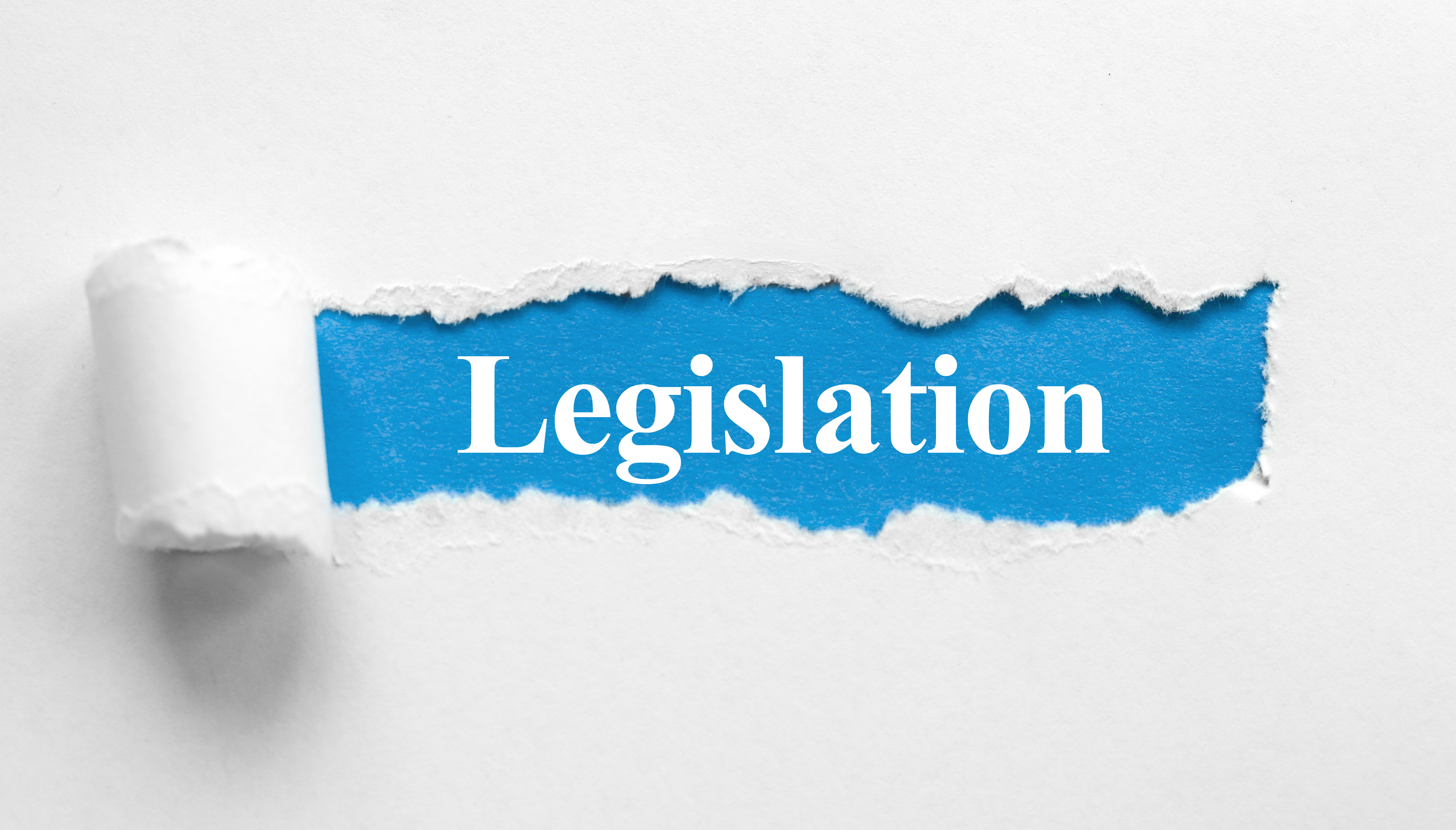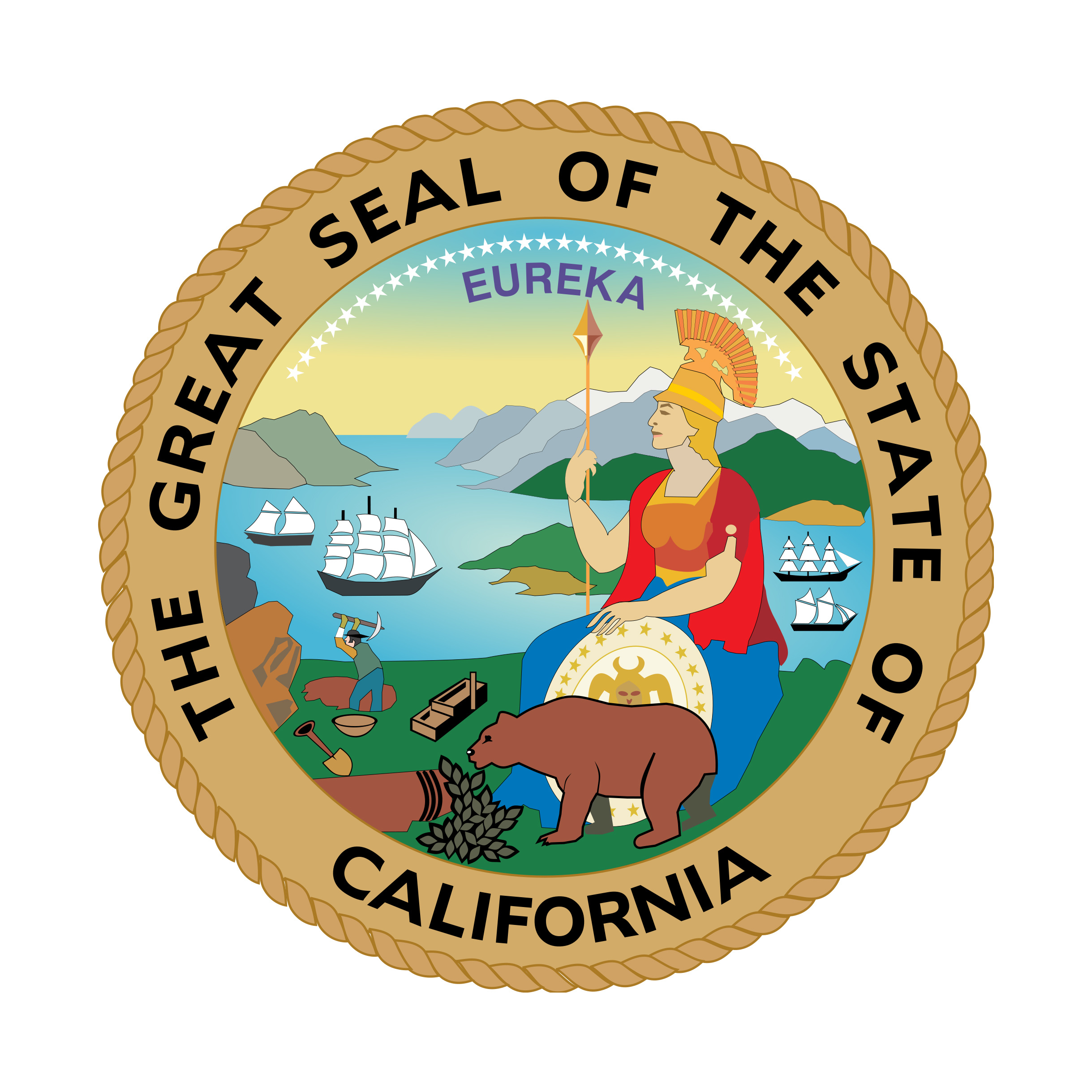
In September 2020 the Financial Accounting Standard Board issued ASU 2020-07. Formal title for the document is Not-for-Profit Entities (Topic 958) – Presentation and Disclosures by Not-for-Profit Entities for Contributed Nonfinancial Assets.
Contributed nonfinancial assets means gifts-in-kind. The ASU does not apply to donated services or donated financial assets such as stocks and bonds.
ASU 2020-07 will only change the presentation of GIK on the statement of activity and require additional disclosures in the notes. It will not require any change to the valuation of donated pharmaceuticals (accountants call that recognition).
You can get your own copy of ASU 2020-07 here.
Statement of activity
The total of GIK will need to be presented as a separate line within the revenue & contribution section of the statement of activity, separate from donated cash and any donated financial assets.
Note disclosures
There are a number of new note disclosures which will be required for gifts-in-kind:













